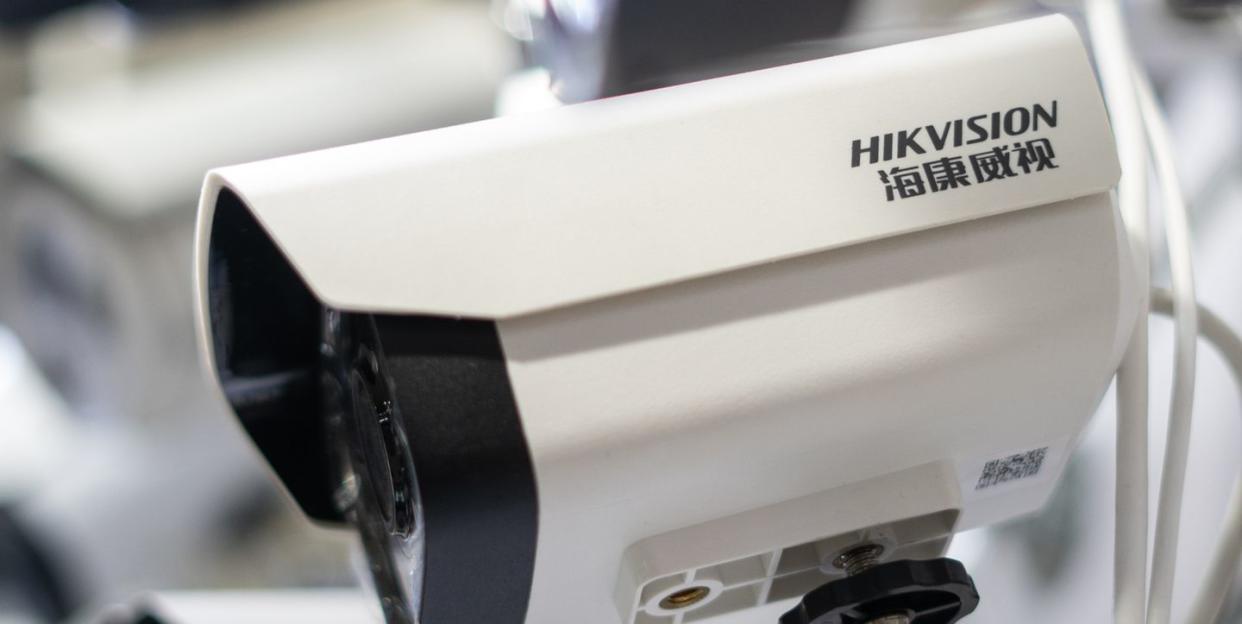Chinese Surveillance Tech Could Be Watching the U.S. Military

Surveillance and communications technology made by five Chinese companies is banned from U.S. military use.
Despite the ban thousands of Chinese devices are still on government networks, including possibly by the Pentagon.
The technology could be used by the Chinese government to watch U.S. troops and government facilities.
Three months after a federal law banned certain Chinese tech devices from U.S. government use, the federal government still operate thousands of the prohibited devices. According to C4ISRNet, security researchers found 3,500 sooned-to-be banned devices still on government networks. Senator Marco Rubio, concerned that devices on U.S. military networks could become compromised and act as surveillance devices for Chinese intelligence, recently wrote to the Pentagon asking for quick action.
The 2019 National Defense Authorization Act (NDAA), which also contains the annual defense budget, banned the Pentagon from using cameras supplied by Hangzhou Hikvision Digital Technology and Dahua Technology. Hytera Communications Corporation, which makes handheld radios, is also banned. The two companies make a variety of popular, low-cost surveillance cameras, that are even available on Amazon. The 2019 NDAA also banned network hardware sold by Chinese telecom giants ZTE and Huawei.
The problem with the cameras? They’re connected to the internet, allowing users to configure them—and use them—through a web browser. While that’s convenient for everyone, it also opens up security concerns. Devices with so-called “backdoors”—secret methods of controlling them or gaining access to their video feeds—could allow outside parties to use them for spying purposes.
Security professionals have detected backdoors on both Hikvision and Dahua cameras. Both companies have issued updates to fix the backdoors, but unpatched cameras will still present a serious security risk. Perhaps not coincidentally, both companies have ties to the Chinese military.
In his letter to the Pentagon, Rubio cited the brewing U.S.-China military rivalry as reason to remove possible spyware. “As you continue to posture the Department of Defense in the era of great power competition,” Rubio wrote.”We must remain vigilant to attack from every possible source.” Rubio posed a number of questions to Pentagon officials, including how it plans to identify all of the banned hardware, how it will comply with the new law, and if there’s any of it that the Department of Defense just can’t remove from its networks.
It’s not clear how many devices from Hangzhou, Dahua, ZTE, and Huawei are in operation on Department of Defense networks. Forescout, the contractor that discovered the presence of the 3,500 devices, didn’t say how many are operated by the Pentagon. But given the military’s penchant for secrecy and the large proportion of the federal government under Pentagon control it would seem very likely at least some of devices need replacing.
You Might Also Like

